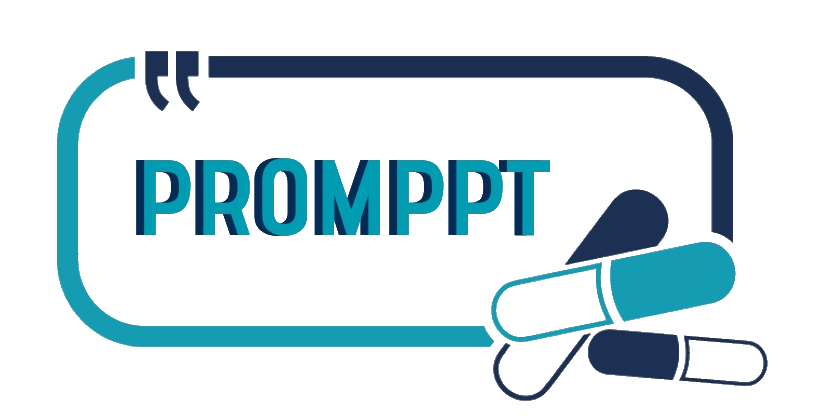Involving the whole practice
The involvement of the whole practice (including administrative and healthcare professional team members) is important to enable the delivery of the trial. All documentation for the questionnaire study (MOPP) and …
The involvement of the whole practice (including administrative and healthcare professional team members) is important to enable the delivery of the trial. All documentation for the questionnaire study (MOPP) and …
In this second part to key skills we consider EXPLORE, INFORM, and CHECK. EXPLORE During the pain review, pharmacists will explore patients’ experiences and views by using all the skills …
We know the way pharmacists communicate with patients can impact significantly on patient satisfaction of their pain review and engagement in discussions and care plans. Key skills delivered in the …
We see the role of the champion as being supportive in the development of the participating pharmacists, to help build and instil confidence, empowering them to find solutions to problems …
Below we have outlined a suggested timeline for the champions and pharmacist meetings both before and after the pain reviews, together with some suggestions for topics to discuss. In later …
Watch the video by Dr Tim Williams about his experiences of consultations with patients living with pain as a non-specialist health care professional. Below is a short message from Professor …
Conversations about opioids can be difficult for patients and healthcare professionals alike. Pain medicines can be the primary strategy patients use to live with persistent pain and making changes to …
The pain review aims to support all patients in making a move towards reducing their opioids. However, making a move towards reducing can take many forms and does not always …
Watch Dr Roger Knaggs talk about the problem of long-term opioids, the current situation in primary care and why pharmacists are well placed to have conversations with patients about the …
PROMPPT is an NIHR funded research programme and stands for: Proactive clinical Review of patients taking Opioid Medicines long-term for persistent Pain led by clinical Pharmacists in primary care Teams PROMPPT is formed of three linked …

